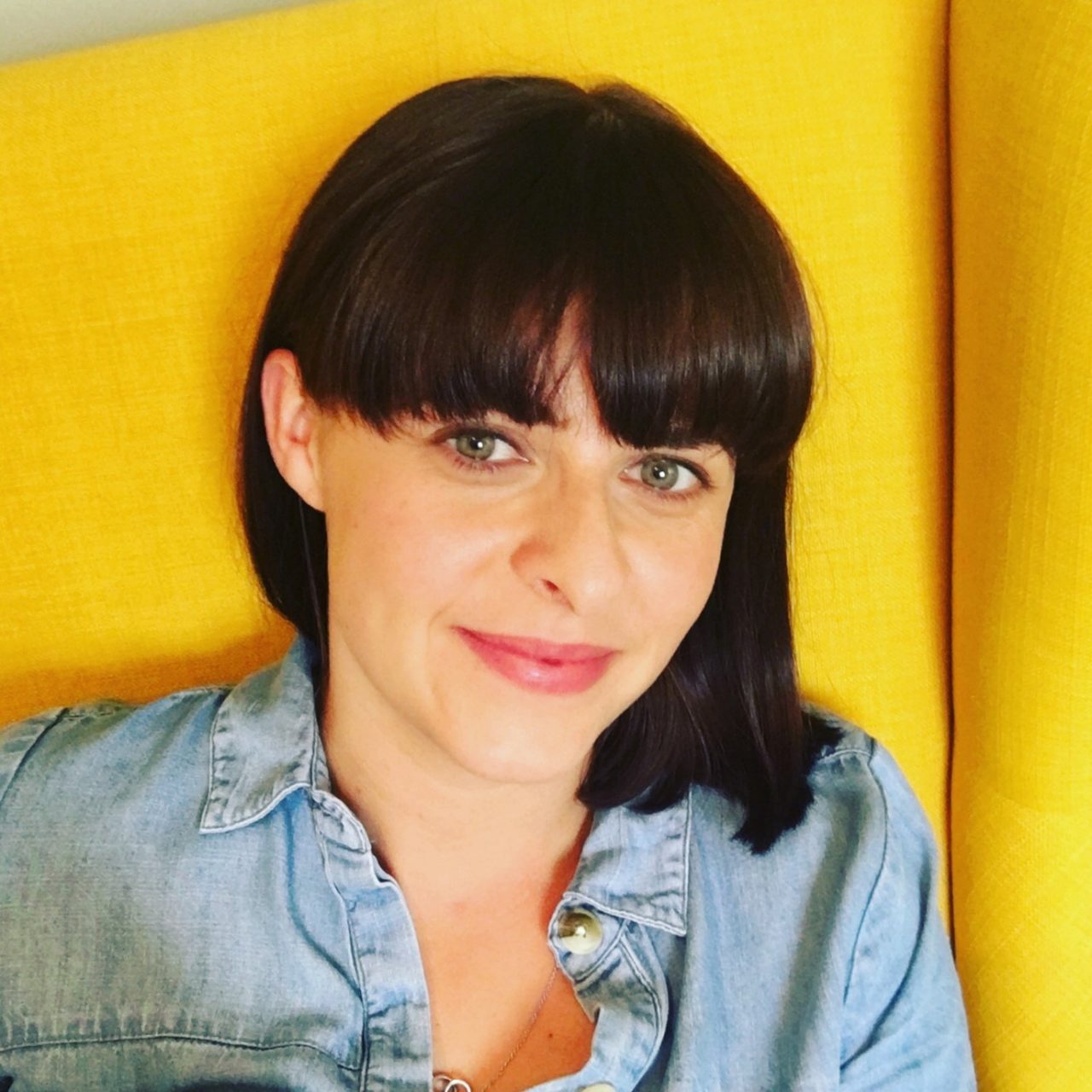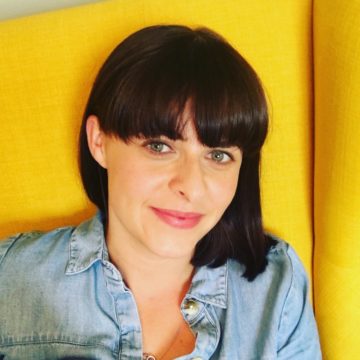What defines motherhood?
#DonorDay
Becky Kearns of DefiningMum on her path to parenthood via egg donation after being diagnosed with premature ovarian failure at 27

Faced with the unexpected diagnosis of premature ovarian failure at the age of 27, early menopause had robbed me of my dream to be a mum. Or so I thought.
Over the next 18 months we desperately tried to beat the odds, with only a measly 5% chance of IVF success with my own eggs. After five gruelling treatment cycles, including miscarriage, I became all-consumed by our fertility struggle.
Using donated eggs could increase our chances tenfold, but it was a concept which initially seemed so alien to me. I hadn’t even considered that people donated their eggs to others, never mind whether I’d be open to receiving them. Would using someone else’s genetics instead of my own affect how I would define myself as a ‘mum’ to our much longed-for child? What was it that defined ‘motherhood’ in the first place?
Before my diagnosis, I can recall the excitement as I often wondered what our children would look like – a unique combination of both my husband and I. I’d always envisioned becoming best friends with a mini version of me, just like I am with my own mum.
Society often assumes that all children look like their parents, and I feared people would instantly recognise that I wasn’t genetically related to my own child, thus doubting the legitimacy of defining myself as their ‘mum’. It was on honeymoon, two years post-diagnosis, when I started to think about things differently. What was it I truly wanted? Simply, to be a mum.
Accepting the loss of my genetics
Accepting the loss of my genetics allowed me to start focusing on what was possible by using donor eggs. I could still be the parent I had always wanted to be and give our child a life full of love, just like my vision. We wouldn’t share genetics but, thanks to an incredible gift from a donor, I could grow our baby, give birth, nurse and comfort them – just like any other mother. Ultimately it could give us the opportunity to bring a child into our family to begin a lifetime of making memories.
Fast-forward four years since making this momentous decision and I’m now an incredibly grateful mum to three beautiful girls – five-year-old Mila and three-year-old twins Eska and Lena. With our donor being from Prague, our girls were given names reflecting what makes up half of their heritage, something that is very important to us.
Shared time creates unbreakable bonds
I now believe more than ever that it’s shared time together that creates unbreakable bonds, rather than solely being based on DNA. It’s the small but hugely significant day-to-day moments that I’m so aware of and grateful for. The look on their faces when they see me first thing in the morning, catching glimpses of them in my rear-view mirror as we sing along to their favourite songs. Chasing them around the kitchen island in fits of giggles. Exhausted cuddles in the middle of the night when they are poorly. The ability to instantly comfort them and wipe away their tears. Not being able to resist staying for one more round of ‘You Are My Sunshine’ as I feel the comforting weight of their head on my chest.
Worries about our children not looking like me seem completely irrelevant now that they’re here. They’re each completely unique, with striking physical similarities to my husband, characteristics that are no doubt from our donor, and many nurtured mannerisms from me. I hear myself in Mila all the time and as she tells me: “You’re my best friend Mummy”, I have no doubt we’ll have just as strong a relationship as I have with my mum.
An incredible altruistic act
Although we’ll never know who she is, I’ll always be grateful to our donor for the altruistic act that quite literally changed our lives. She gave me the chance to experience motherhood and define it in a whole new way, focusing on the importance of nurture over nature, while still appreciating the unique individual make-up of our children and the special story of how they came to be.
By the time our girls are older, my hope is that they feel equally comfortable and proud to talk about their story. It’s a journey we are happy to share as it’s important to speak out to break down taboos and misconceptions about the alternative routes to parenthood that make so many dreams come true.
I want to use my platforms to support others who are feeling the same initial helplessness that I once was, to know that they’re not alone. I’ve learned there is so much more to being a mum than genetics, and that ultimately families are bound by love. I wouldn’t change a thing about the path we took to have our girls and will proudly ensure they understand just why they are so very special.
As it turns out, early menopause hadn’t robbed me of the chance to be a mum, it had instead served to make us all the more grateful for what we now have.
